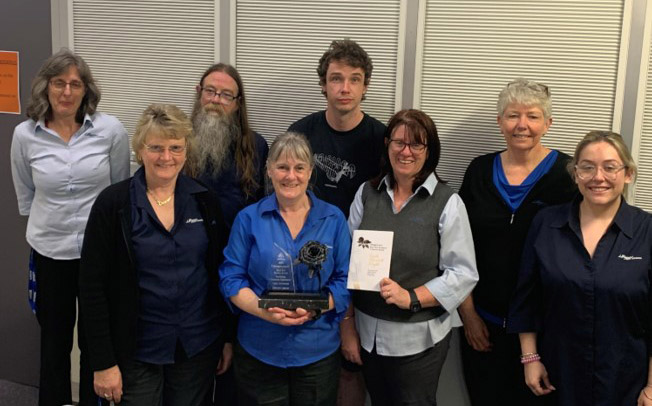On behalf of the Australian Government, ARENA is providing Victorian energy network United Energy $3.54 million for the Flexible Services Trial project to explore solutions for managing flexible demand.
United Energy will be trialling new and novel ways to integrate more renewables and manage Victorian system security challenges associated with minimum system load now and into the future.
The $8 million project will centre on two trials to manage the challenges associated with two-way electricity flows from renewable energy sources like rooftop solar systems and identify capabilities of Low Voltage Distributed Energy Resource Management System (LV DERMS) needed to facilitate a seamless flexible connection experience for customers at scale.
ARENA CEO Darren Miller said the project displays a broad range of solutions for managing flexible demand.
“As we move to an electricity system with a high share of variable renewable energy, it is vital that we scale up flexible demand technologies that are responsive to changes in generation,” Mr Miller said.
“Distribution networks play a critical role in keeping the electricity system operating reliably and are increasingly needed to trial new solutions to manage a changing electricity supply. ARENA is pleased to be working with United Energy to trial new solutions out in the field – across suburban Melbourne.”
“This project comprises two different tools that will help to develop the flexible, dynamic grid needed to respond to the growing share of renewable energy powering our grid.”
The project will consist of a hot water load control (HLWC) trial where hot water will be managed via a smart meter to align with periods of low demand and high solar production. The project will recruit customers on existing controlled load tariffs with a minimum of 10,000 customers recruited and potential to scale up to 146,000 customers or 120 MW in flexible capacity.
United Energy will also conduct a flexible exports trial providing 100 residential and 5 commercial and industrial customers the ability to export solar electricity from their rooftops above current static limits using Dynamic Operating Envelopes (DOEs). The trial will involve varying solar exports in line with what is happening on the local network. For example, customers will be able to export more electricity during times of high demand, while exports will be reduced during periods when demand is low and there is excess power in the grid.
United Energy owns and operates the electricity poles and wires in Melbourne’s south and east and supplies power to more than 715,000 customers. The trials will be conducted on this network as well as sister Distribution Network Service Providers (DNSPs) CitiPower and Powercor, based in Melbourne’s CBD and inner suburbs, and Victoria’s west respectively.
United Energy’s General Manager, Electricity Networks, Glen Thomson said the project would support the network continue integrating more renewable technology and providing benefits to customers.
“Our network is critical to supporting Victoria move towards a clean energy future and this project will involve us operating our network in a different way that will provide significant benefits to our customers and the community going forward.”
The Flexible Services Trial is due to be completed in 2026.
Flexible Demand
Flexible demand is the shifting of electrical usage to ease pressure on the grid. As variable renewable sources like wind and solar produce a greater share of Australia’s electricity generation, flexible demand solutions are required to help match up supply and demand.
Shifting demand away from peak times and reducing demand at critical times can complement energy storage and reduce the overall cost of energy and support integration of more renewables into the grid.
ARENA’s report “The Role of Flexible Demand in Australia’s Energy Future” identified potential sources of demand flexibility that included new retail commercial products such as energy-as-a-service, dynamic tariffs and demand-based market hedges, as well electrification and control of commercial and industrial loads such as heat pumps, electric furnaces and thermal storage for cold stores and commercial property.







